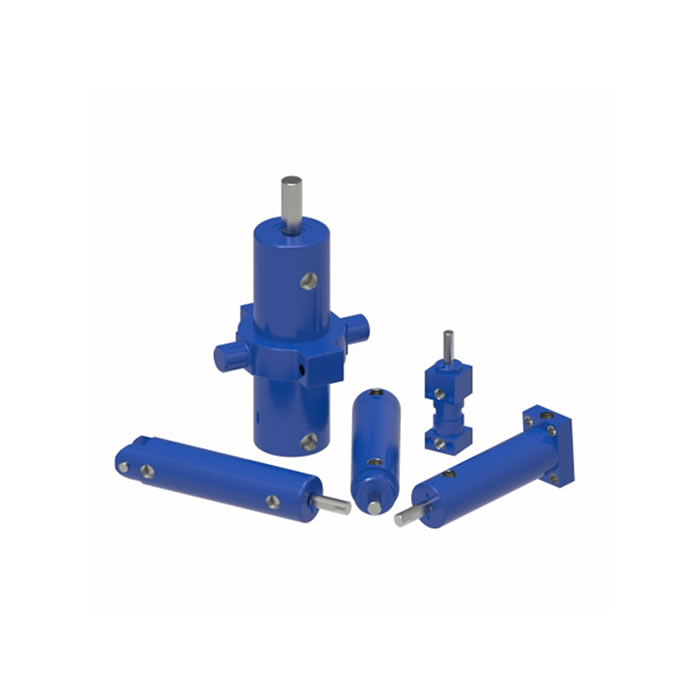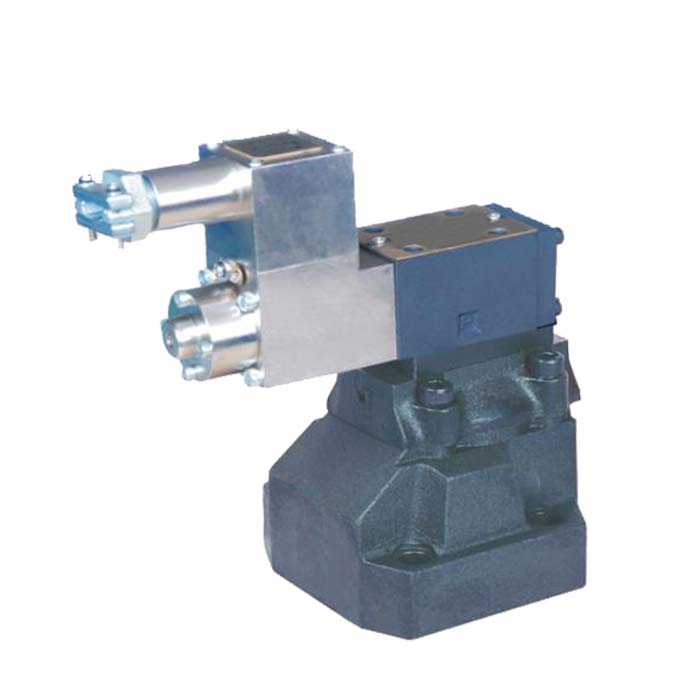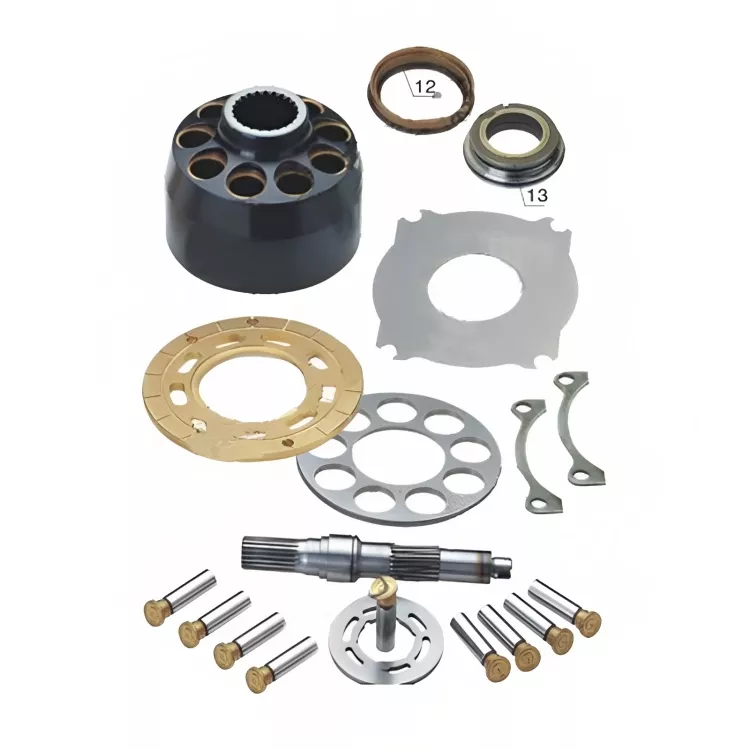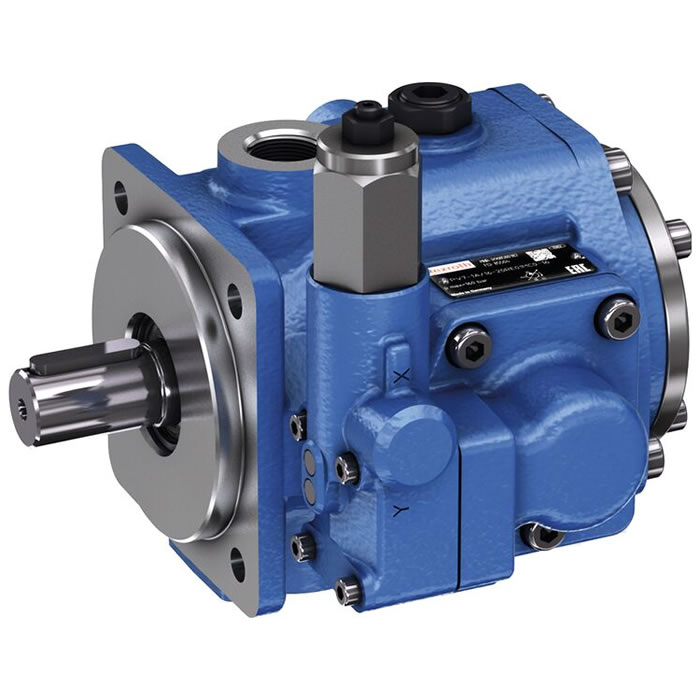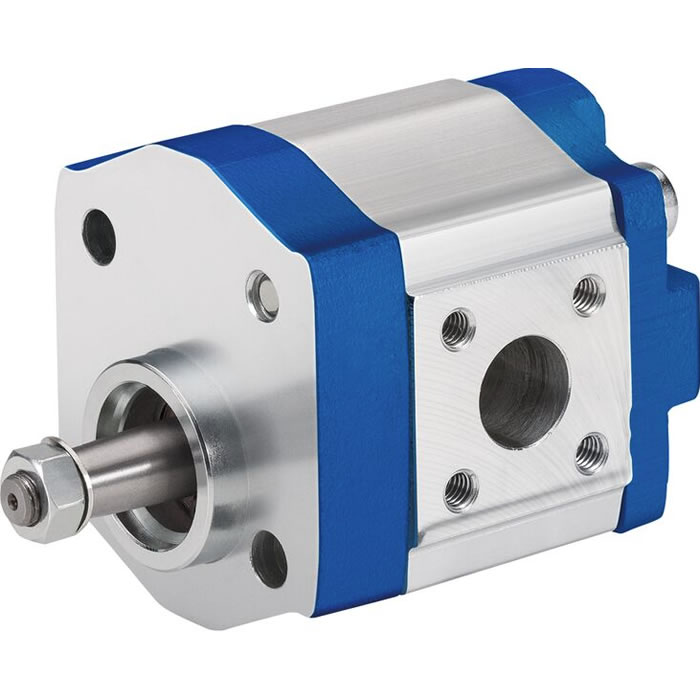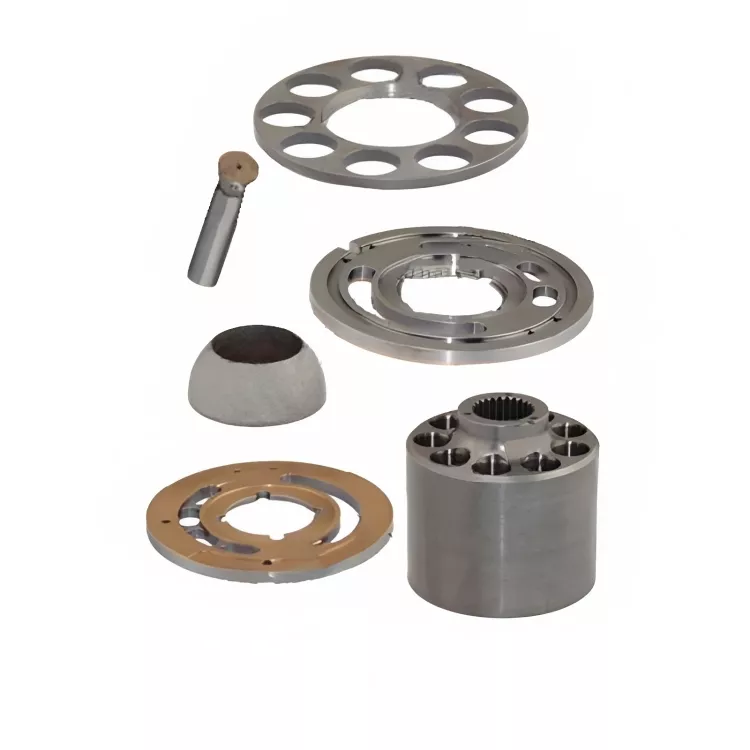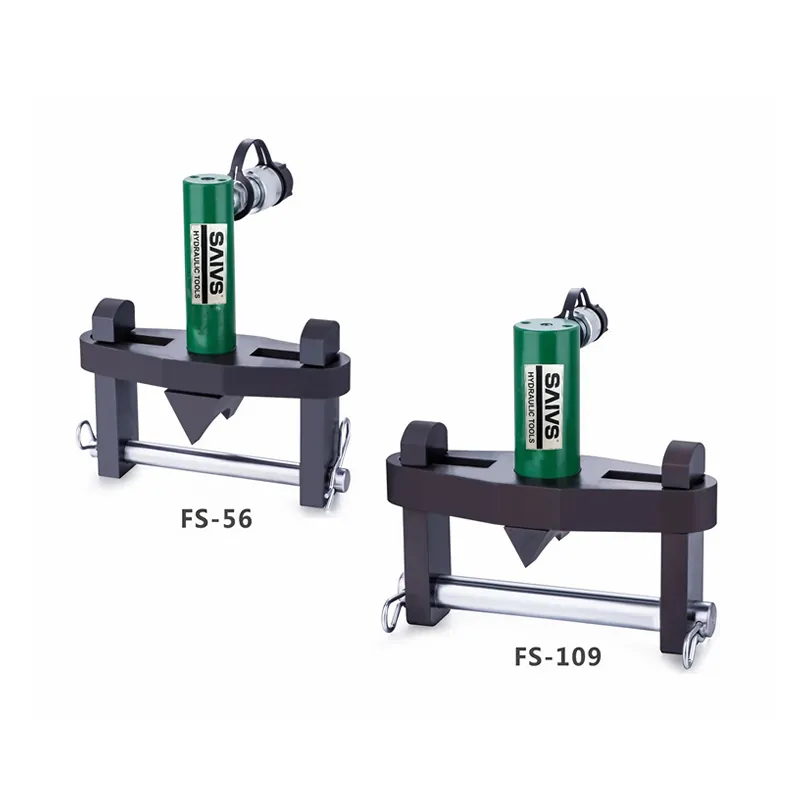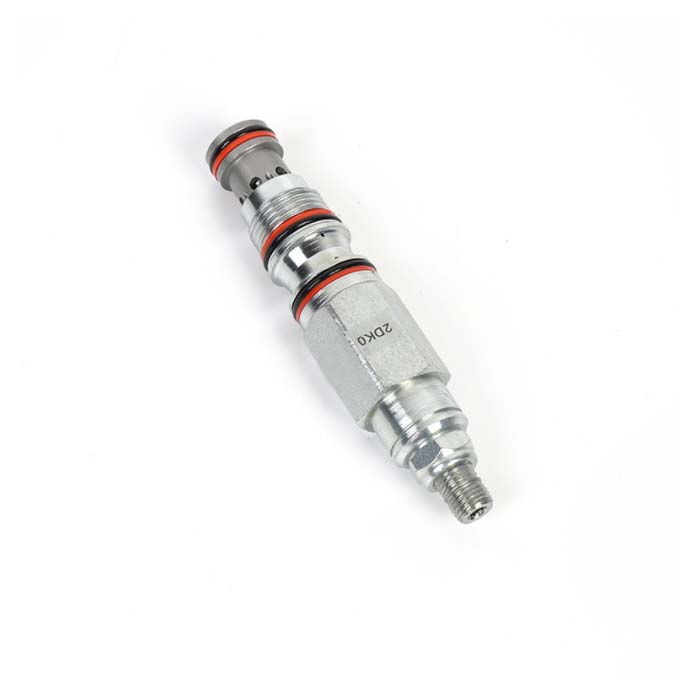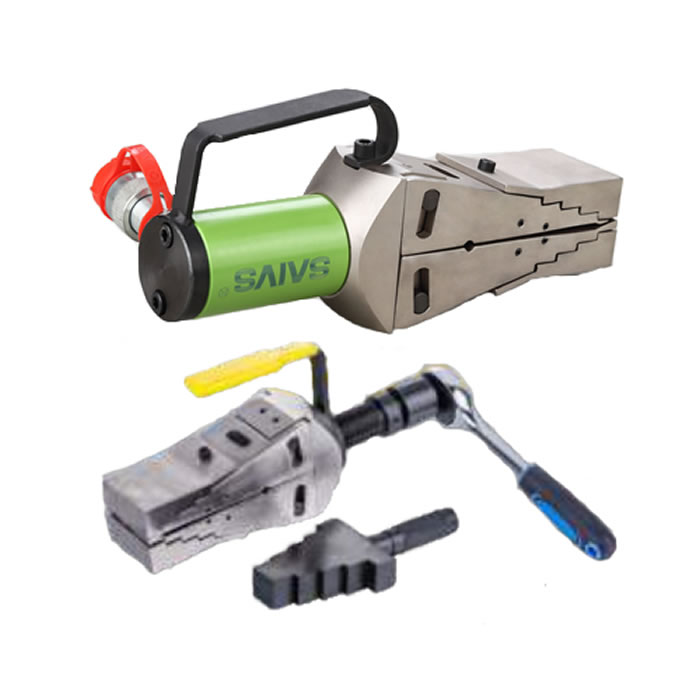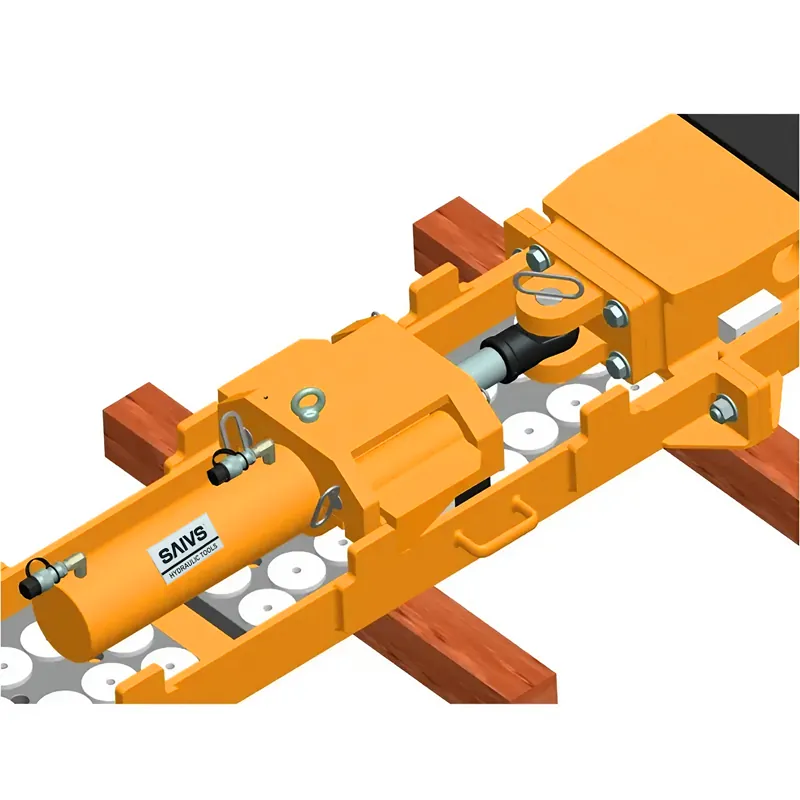Hydraulic Cylinders: The Driving Force Behind Sustainable Manufacturing and Operations
Hydraulic Cylinders are essential components in a wide range of machinery and equipment, and their applications extend to various sustainable industries. These industries are committed to minimizing their environmental impact and promoting eco-friendly practices, and Hydraulic Cylinders play a crucial role in achieving these goals.
Energy Efficiency
Hydraulic cylinders are known for their efficient power transmission, converting fluid power into mechanical force with minimal energy loss. This efficiency translates into reduced energy consumption and lower operational costs, contributing to a smaller carbon footprint. Modern Hydraulic Systems are designed to further enhance efficiency by incorporating regenerative circuits and energy recovery devices.
Material Sustainability
Hydraulic cylinders are typically constructed from durable materials such as steel and aluminum, ensuring long lifespans and minimizing the need for frequent replacements. This reduces material consumption and waste generation, aligning with sustainable practices. Additionally, manufacturers are exploring the use of recycled materials in cylinder production, further promoting resource conservation.
Waste Management
Hydraulic cylinders are employed extensively in waste management equipment, particularly in waste compactors and recycling machinery. These cylinders provide the powerful force required to compress and process waste materials, optimizing transportation and storage while reducing landfill volumes. Efficient hydraulic systems contribute to minimizing energy consumption and emissions associated with waste management operations.
Renewable Energy Integration
Hydraulic cylinders can be integrated into renewable energy systems, such as solar and wind power generation. They play a crucial role in converting energy from renewable sources into usable mechanical force, enabling the operation of pumps, turbines, and other components. This integration facilitates the transition to sustainable energy sources and reduces reliance on fossil fuels.
Sustainable Fluid Options
The hydraulic fluid used in cylinders is a critical factor in their environmental impact. Traditional hydraulic fluids are often petroleum-based, posing potential risks of leaks and spills that can contaminate soil and water resources. Sustainable alternatives, such as biodegradable and water-based fluids, are being developed to minimize environmental hazards and promote sustainability.
Design and Seal Technology
Advancements in design and seal technology are further enhancing the sustainability of hydraulic cylinders. Cylinder manufacturers are incorporating innovative designs that reduce fluid leakage and minimize energy losses. Additionally, improved sealing materials and techniques prevent fluid leaks, protecting the environment and extending the lifespan of cylinders.
Conclusion
Hydraulic cylinders play a vital role in various sustainable industries, contributing to energy efficiency, material conservation, waste management, renewable energy integration, and the adoption of sustainable fluids. As technology advances and environmental concerns intensify, the role of hydraulic cylinders in sustainable practices is expected to expand even further.

